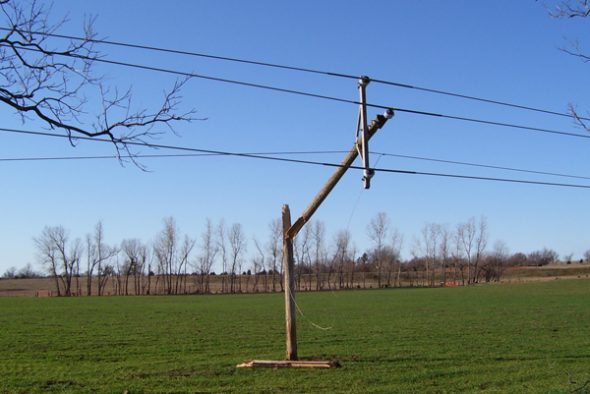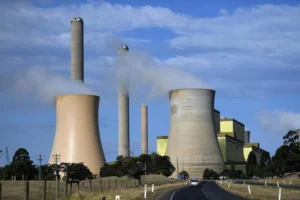Energy Australia has today announced the axing of three hundred Australian call centre jobs, to be relocated to Manila, the Philippines. And if we are still gullible enough to swallow it, the line is that it’s the result of the pressures of retail competition. The truth is, it’s pure profit mining.

Many of us would vaguely remember the fanfare that surrounded the establishment of the National Electricity Market, which was heralded as a winning formula for electricity consumers. Wholesale electricity was to be pooled and offered up to the majority of Australia’s population at market-driven prices.
In terms of wholesale supplies and with the advent of renewables, the wholesale cost has indeed been kept under control in this truly competitive market.
This is where the benefit ends and the rip-off begins. While the rules of the game, written by the players, dictate that no one player can control the whole electricity supply chain, they are permitted to control both ends.
So the term ‘Gentailer” refers to companies that control generation and retailing of electricity. Currently, most of our electricity is supplied through companies like Origin and Energy Australia – “Gentailers’ who have the ability to recover losses at one end by collecting them at the other. And the regulators are bending over backwards to facilitate this.
About four years ago, the regulator of the National Electricity Market approved a new “network fee” , this fee was to cover the costs of “sourcing and retaining retail customers”, or, in other words, the costs of churning customers by encouraging them to switch retailers by providing incentives, or by knocking on their front door until they jump ship.
The retailers were complaining that their small margin, at the time about 4 cents per kilowatt-hour, was being eroded by the costs of being “competitive”, and that this cost should be regarded as a fixed overhead, leaving another four cents available for profits.
By its very definition, competition means survival of the fittest and most skilled, however the market regulator has thrown a huge safety net under all retailers, which was more than likely intended to preserve the appearance of a competitive environment to us poor consumers.
Now, we as consumers could at least take some comfort that this safety net was being spent on Aussie bums sitting in Aussie towns playing ping pong with retail customers; that it meant jobs for Australia.
Can we now demand this network cost be refunded to us? Utilities are sovereign essential services which every citizen should own and have access to, AT COST, and must return to public ownership and management.
While many people say government run (not corporatised) utilities are inefficient, I challenge anyone to justify the escalating costs that have come about from privatisation and corporatisation of essential services in the name of competition.










